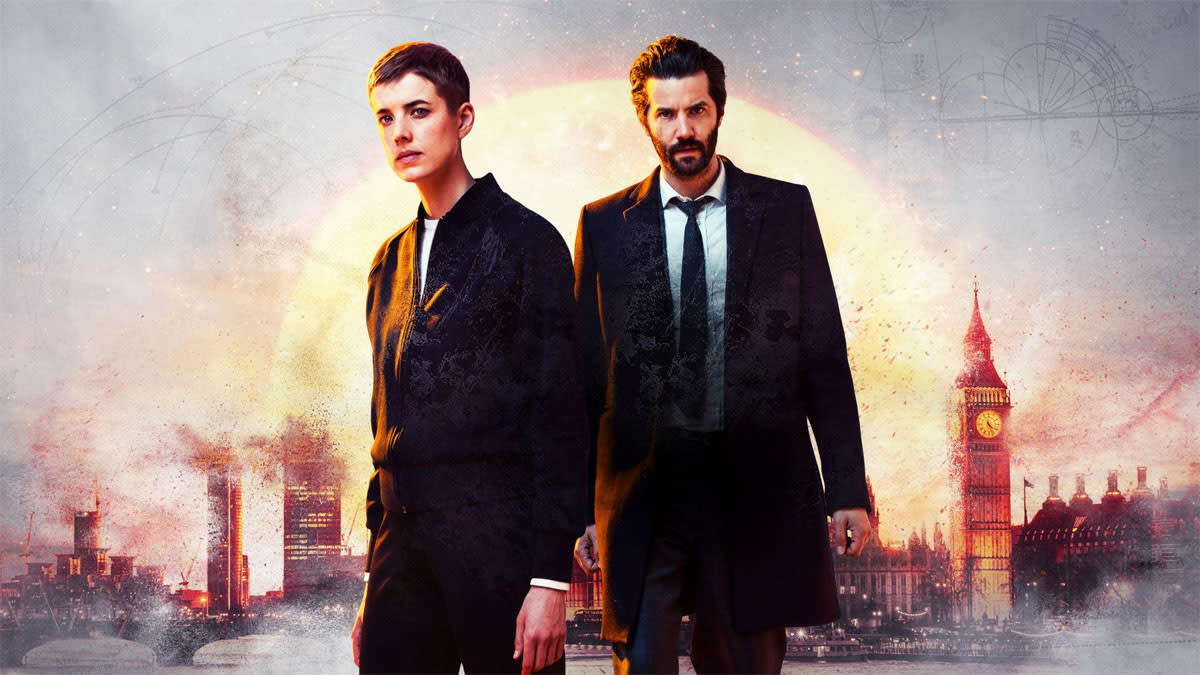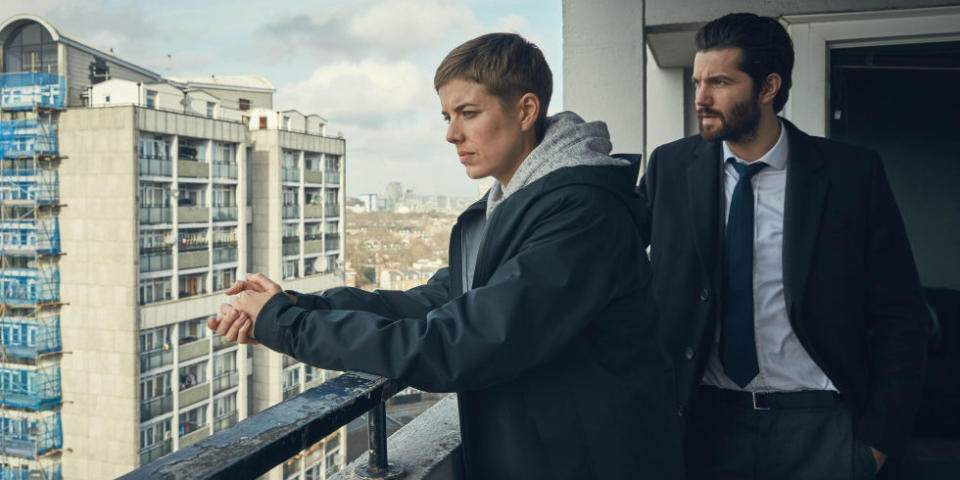Hard Sun never quite moved beyond a police procedural, and suffered as a result

Describing Hard Sun as a “pre-apocalyptic crime drama”, as the marketing has tended towards, is perhaps something of a misrepresentation of what the show actually does.
Ostensibly, that’s accurate. The opening episode of Hard Sun builds up to this slowly; while investigating the apparent suicide of a hacker, detectives Hicks and Renko are drawn into a wider conspiracy, finding apparent proof that the Earth will be destroyed in five years’ time.
The gradual reveal of the first episode is, in fact, quite effective; it plays on the dissonance between what the audience already knows about Hard Sun and what the characters don’t, evoking a strong sense of dramatic irony. Combined with director Brian Kirk’s frequent use of lens flares – a stark signifier of the wider danger, ensuring on an extradiegetic level that the viewer is always aware of the bigger picture – Hard Sun is able to create a world that feels as though it’s on a precipice. There’s a palpable sense that, after an episode establishing the status quo, things are about to change irrevocably.
Yet this deconstruction never comes. Hard Sun’s second episode opens with this information about the apocalypse made public and revealed to the world; after the title sequence, there’s been a four-week time jump, and it’s been firmly dismissed as a hoax. The status quo remains intact.
There’s something interesting about this time skip, and what it tells us about the type of programme Hard Sun is aspiring to be. It’s not difficult to argue that, in any drama about the apocalypse, the reaction to this knowledge and its effect on society is one of the most interesting things that could be explored. However, Hard Sun largely opts not to explore this part of its premise. Indeed, for the most part, the apocalypse is something of an afterthought as the drama instead retreats to the well-worn hallmarks of a police procedural. With episodes focused on serial killers and kidnappings, the end of the world isn’t so much a focal point but a background detail to add texture; it’s a concept that’s broadly gestured at, rather than a theme that’s interrogated particularly.

It’s not hard to feel that, perhaps, Hard Sun’s potential was curtailed by this choice. Not the choice to specifically avoid the aftermath of the initial revelation (there’s as much to explore with the apocalypse kept secret as there is with the knowledge open, after all) but the way in which these concepts were positioned through the series as a whole. Indeed, outside a few isolated moments, the coming apocalypse and the impact it has on the characters simply wasn’t one of Hard Sun’s main concerns. Judging by the cliffhanger ending, and creator Neil Cross’ comments about the series potentially continuing for a further five years, the hope was perhaps to engage with the theme more next time, with the series as a whole acting akin to a macrocosm of the first episode. If that was the intention, it doesn’t quite work, however, and Hard Sun loses sight of its most interesting idea.
And that is a shame – many of the ideas the series did grapple with, ideas of justice and family and so on, would have been strengthened by contextualising them in terms of a pre-apocalyptic tension. If nothing else, it would have gone a long way towards differentiating the series from other crime dramas. That, in turn, points to one of Hard Sun’s other flaws – that, even as a crime drama on its own, it’s exemplary of some of the genre’s chief faults anyway. The series is overly grim and dour, and as early as its second episode features the corpse of a naked woman; Hard Sun has all the archetypes of a middle-of-the-road crime drama, and stumbles in the same way too.
Ultimately, Hard Sun wasn’t quite the programme it could have been. With many interesting ideas lurking beneath the surface, and the talented actors and production values to realise these ideas, it’s a shame that the drama never quite left the limits of the police procedural. There was something holding the series back, constraints that prevented Hard Sun being as engaging as it could have been – and yet, if the drama does return for a second series, it’s in a position where it might finally break its self-set boundaries and become something special.
Related:
Kiri was an engaging drama that raised a lot of questions, but offered few answers
Like this article? Hate this article? Why not follow me on twitter for more, or send me a message on facebook to tell me what you thought? You can also find more of my articles for Yahoo here, or check out my blog here.

 Yahoo Movies
Yahoo Movies 

